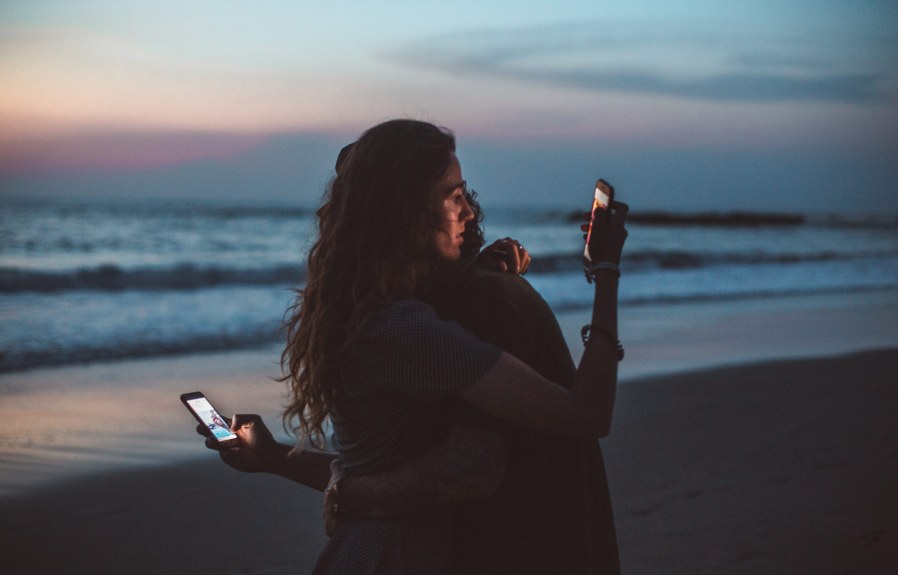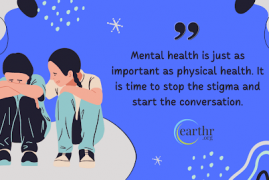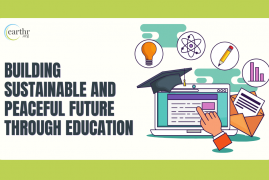Have you ever come across posts on social media that say “If you Remember……, your Childhood was Awesome”?
I am sure you all must have seen, as we all keep glued to our social media accounts via our mobile any which way.
Sounds like a grandma’s story but all the 80’s people out there would agree with me, that we didn’t get our first cell phone until high school, and we really only used it to call home after school or to call our friends on the weekends. We didn’t have free internet access or tons of apps, and there certainly was no camera.
Our childhood was awesome!!
But now, with all the advancement in social media and cell phones, I have seen so many changes around.
We go out for dinner together with friends and families, but inevitably someone pulls out their cell phone to update their Facebook status, “check-in” at the restaurant, Instagram a picture of their food, reply to a whatsapp message they just received… sometimes it seems as though people are socializing with everyone but the person sitting right there with them.
Is social media making us less social?
Social media is definitely making people sociable, after all, it contains the word “social,” in it.
While technology offers greater connectivity among people and things than ever before, it is really making people less sociable or even anti-social.
We are forgetting the value of face-to-face interactions to create more important and sustainable relationships.
The ground and harsh reality is that we stay connected with our friends online, we send tweets, we comment on each other’s status updates, we share our images, but the moment we meet them in person, “real life, “face-to-face”; there is a small silence; we grab our smartphones and do whatever.
Millennials do not even know the world without social media, real world friends and offline connections.
It’s high-time to realise that we live among living, breathing people with emotions and needs, not strangers who look good posing online. This is not sustainable.
Why is social media addictive?
With the advancement of technology, interests and choices have also evolved, people of the 70’s used to wait for the newspaper in the morning and loved listening to their radio sets, which evolved to Tv sets and now it is social media.
So technically, what’s the harm? Hobbies evolve. What’s the big deal?
There is no big deal in evolving hobbies, but let me ask you some questions; have you ever posted something on social media and then later checked to see how many “likes” you received? Have you ever clicked on a notification pushed to your smartphone from a social media platform? And do you feel a slight psychological rush before you check your social feed?
Meet dopamine, the chemical brain responsible for all the feel good factors.
It’s a chemical your brain releases to make you feel good — like when you get that big promotion, or see someone you love. All of that can equal dopamine.
People want to release dopamine and the dark side of the hormone helps explain why people become addicted to alcohol, drugs and even social media.
Our brains are hacked by addictive dopamine releases for likes and comments on our useless posts / photo / video shares, making us all addicted to an endless loop of meaningless social media.
With every photo you scroll through, headline you read, or link you go to you are feeding the loop which just makes you want more!!
Does not happen by reading a book!
Social media platforms are taking advantage of these neurological reflexes to increase social media use and encourage people to return, using some of the same principles casinos use to entice repeat gamblers.
The platforms are doing this through the dopamine-scrolling loop and encouraging people to return to the site to check out what they want them to check.
Social media platforms are manipulating human behaviours by customized advertisements and feed, and the list of such ugly manipulations done by fb and other social media platforms are too long to be discussed here.
All this leads to massive mental health issues like anxiety, depression, loneliness and even suicidal thoughts.
And we are not done yet:
Deny it, if you want to, but the truth is that the first thing we do when we wake up is check our social media channels and the last thing we do before going to sleep is check our social media channels.
Not only this, but whenever we have a task that’s too overwhelming, difficult, or boring we switch to social media channels.
Researchers state that an employee spends almost 37 minutes of his working hours checking social media. However, when combined, the numbers grow to over 3 hours a week and over 12 hours a month. Thus, every month we lose more than a day lurking on social media.
Studies prove that social media reduces attention span, deteriorates productivity and promotes inside the box thinking.
We have reached the peak of social media usage and the graph has started to deteriorate. Reports continue to surface on the link between social media and feelings of loneliness, depression, jealousy and anxiety. People compare, show off, and fake way more than they used to.
Great documentaries, like The Social Dilemma and Great Hack of Netflix talks about the ugly side of these social media platforms and if you have watched them, understood the concepts and still chose to be on platforms like facebook, means you are an addict and you need outside intervention to improve.
Let’s come together and help others to come out of this vicious circle of unsustainability.



